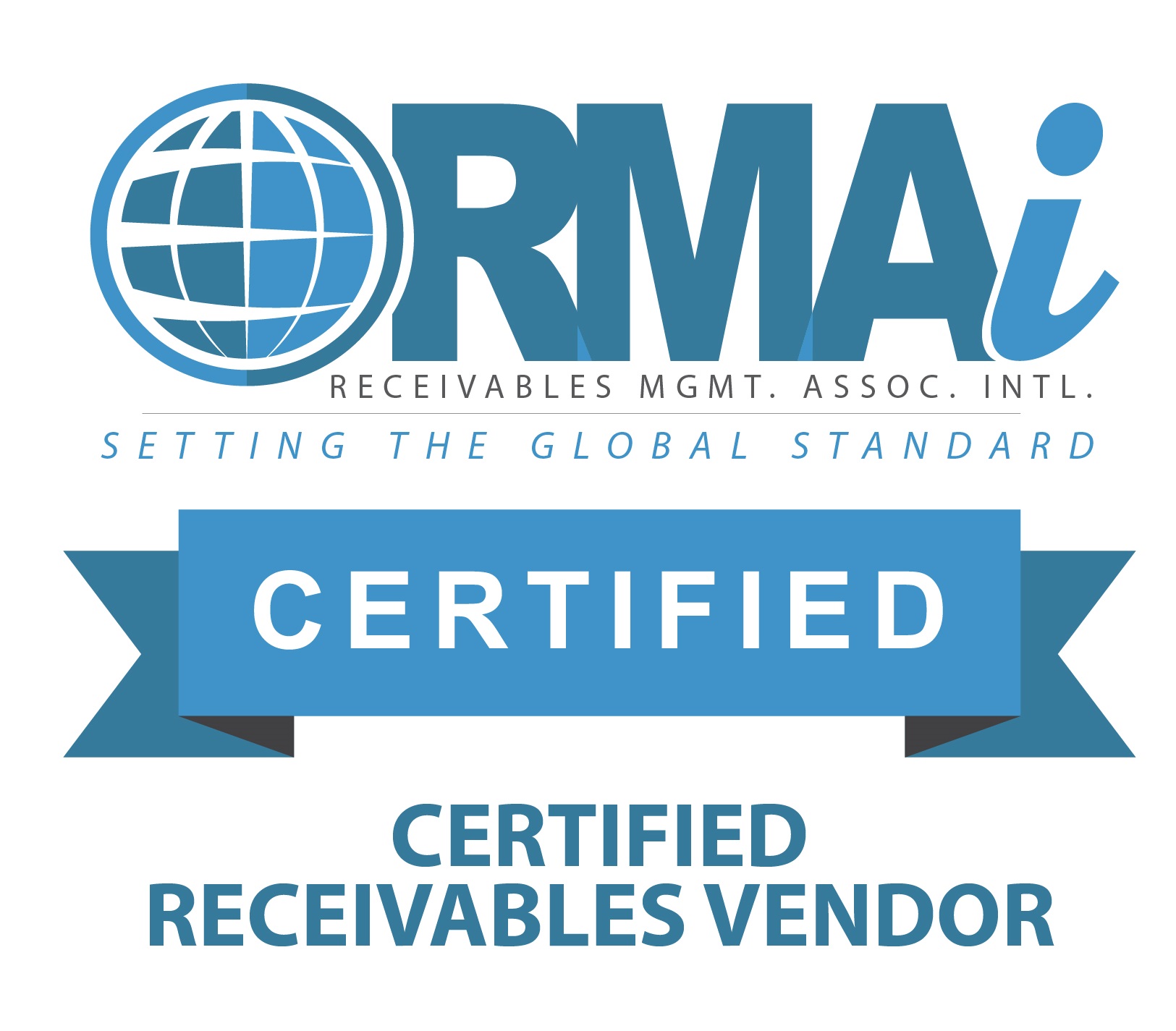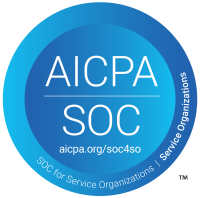View Sale Announcement Detail


Archived news
Back in July, we highlighted the increased scrutiny facing marketplace lenders, following the request for public comment from the U.S. Department of the Treasury.
So far, we're still waiting on any changes to come for this segment of lending. The key issue surrounds regulation. At the moment, this form of alternative lending isn't as tightly controlled as traditional lending was following the Great Recession. Furthermore, marketplace lenders also span a broad scope - from payday loans to student loans and much more - making it much harder to regulate this burgeoning industry.
Even so, change will come. As the Treasury looks into marketplace lenders, the industry as a whole is moving forward.
Potential changes loom for lenders
A new landscape could be in the near future, both for traditional lenders and marketplace lenders. According to American Banker, banks are both capitalizing and challenging the growth potential of this niche segment.
For example, some banks now originate loans for marketplace lenders. Others, like Citigroup, have paired with marketplace lender Lending Club to improve credit offerings for underserved demographics. No matter the direction, all banks will have to respond to alternative lending soon.
The key reason is technology. American Banker explained that marketplace lenders are more tech-savvy by nature, while traditional banks lag behind. This means consumers who want speed over price - and brand - will lean toward this segment. As a result, traditional banks will soon have to evolve, or risk losing out on market share.
In an interview with American Banker, American Bankers Association Executive Vice President Robert Davis said that he feels traditional banks are ready to rise to that challenge.
"There's clearly some technological innovations with [marketplace lenders' platforms]," he said in the interview. "But as it grows, I think it'll be duplicated by traditional lenders that haven't offered the same nimbleness."
SMBs get proactive over marketplace lending
Partly in response to both the growth of marketplace lending and the increased regulatory scrutiny, one group is getting proactive: small-to-medium business owners and industry members.
According to a press release from the educational and policy studies organization The Aspen Institute, SMBs, nonprofit and industry leaders have joined forces to create a "Small Business Borrowers Bill of Rights." The goal is to get in front of regulators and protect SMBs from predatory marketplace lenders.
"Small business owners are seeing the number of alternative sources for financing their companies grow at an unprecedented rate, and while this is a good thing in terms of increasing access to capital, borrower protections have not caught up," stated Karen Mills, former head of the U.S. Small Business Administration.
Through this version of a bill of rights, the proponents hope to create their own form of protections not yet afforded by legal regulations. Some rights outlined include the right to transparent pricing, the right to non-abusive products and the right to fair treatment from brokers. Currently, SMBs face much higher rates from marketplace lenders than individual borrowers, and it is difficult to determine rates before committing to a loan.
Given these developments, regulation seems likely for this area and loan sales of this product will likely occur. As the Treasury continues its research, borrowers in this market should be diligent in their review process.







